When will UK interest rates fall further? Latest Bank of England predictions
Most economists expect at least one more interest rate cut this year as the labour market slows, but could geopolitical tensions change the outlook?
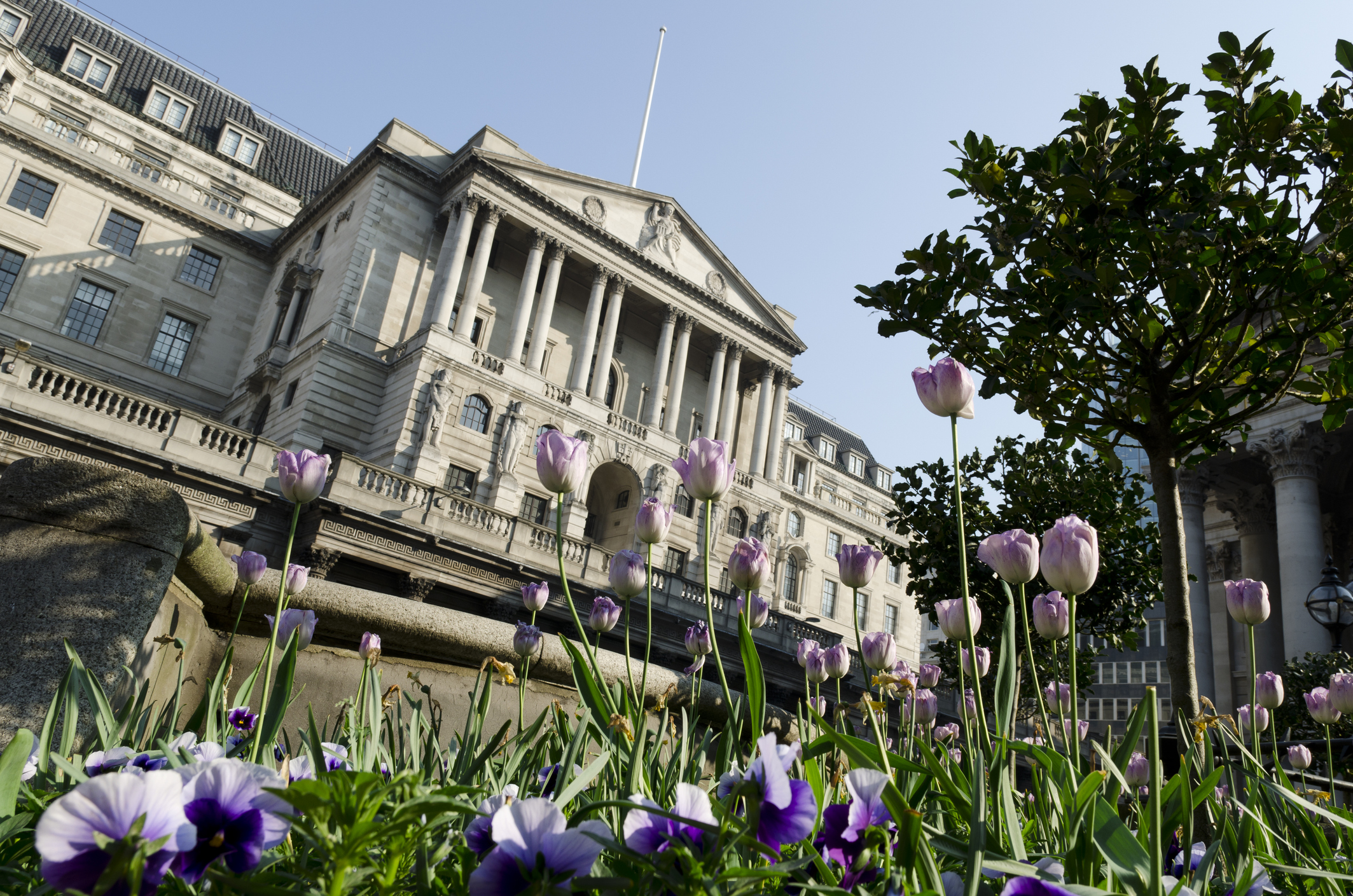

The Bank of England held the base rate at 4.25% in June, continuing its “gradual and careful” approach to interest rate cuts. However, the Monetary Policy Committee (MPC) was more divided than expected, with Dave Ramsden joining Swati Dhingra and Alan Taylor in voting for a faster pace of monetary policy easing.
Ramsden seems to have been influenced by signs that the labour market is cooling. Although wage growth remains high, it slowed to 5.2% annually between February and April, down from 5.6% previously.
The unemployment rate also increased to 4.6% between February and April, the highest level in almost four years, while the number of job vacancies dropped by 63,000 over the quarter. ONS survey data suggests some firms are not recruiting new workers or replacing those who have left.
Subscribe to MoneyWeek
Subscribe to MoneyWeek today and get your first six magazine issues absolutely FREE

Sign up to Money Morning
Don't miss the latest investment and personal finances news, market analysis, plus money-saving tips with our free twice-daily newsletter
Don't miss the latest investment and personal finances news, market analysis, plus money-saving tips with our free twice-daily newsletter
Economic growth has also become more challenged, with GDP slumping by 0.3% in April as higher business taxes and Donald Trump’s tariffs took their toll. Against this backdrop, most economists expect at least one more rate cut before the year is out, potentially coming in August.
That said, geopolitical tensions could throw this outlook into doubt. Oil prices have risen over the past 10 days – first in response to missile strikes between Israel and Iran, and then in the aftermath of the US strike on Iranian nuclear facilities.
This has invited speculation about whether Iran will respond by closing the Strait of Hormuz, a key shipping route that roughly 20% of the world’s oil supply flows through.
Iran has threatened to close this key chokepoint before, but has never followed through. Doing so would be harmful to its own economy, which is heavily dependent on oil exports, as well as those of its Gulf neighbours. The threat has been enough to push energy prices up as markets price in the risk.
If oil prices are elevated for long enough, it could have implications for inflation and interest rates. A higher oil price means higher energy prices, and energy underpins the cost of pretty much everything. Bank of England estimates cited by Deutsche Bank suggest a 10% increase in the oil price leads to a 0.2-0.3 percentage point increase in CPI inflation.
Commenting on the latest developments in the oil price, AJ Bell investment director Russ Mould said: “After briefly spiking above $80 per barrel when the market opened in Asia on Monday 23 June, Brent crude oil pared those gains to trade modestly higher… The double-digit energy price gains seen since Israel’s first missile strike on Iran 10 days ago will have already had some inflationary impact.”
How many further interest rate cuts this year?
Economists are divided when it comes to the pace of future interest rate cuts – and any further escalation in the Middle East could add more complexity.
Research provider Pantheon Macroeconomics expects just one more cut this year, bringing the base rate to 4%. Its economists think the cut will come in November, however they acknowledge that the likelihood of an August cut has increased in recent days given the “fractionally dovish minutes” of the MPC’s June meeting and a drop in retail sales in May.
Financial institution ING is expecting quarterly cuts, which would mean two more cuts in 2025. Its economists think they will come in August and November, bringing the base rate to 3.75%. This aligns with market pricing.
Deutsche Bank thinks we will see three more cuts, making it more of an outlier. The investment bank thinks these will come in August, November and December, bringing the base rate to 3.5%. Its economists think weaker pay data could allow the MPC to speed up the pace of rate cuts in the final quarter of the year.
The picture is far from straightforward, though. If the situation in the Middle East deteriorates further, it could cause oil prices to jump even higher or remain elevated for longer, with ramifications for rate setters.
“In a ‘normal’ world, monetary policy would likely see very little reaction to a shift in energy prices. Why? The lags in monetary policy make it a less-optimal tool in dealing with any near-term inflation increase. But we may not be in a normal world,” said Sanjay Raja, chief UK economist at Deutsche Bank.
Raja points out that inflation remains elevated, still significantly above the Bank of England’s 2% target. There are also ongoing fears about second-round effects. This is when an initial price shock feeds into other parts of the economy like wage-setting behaviour, becoming more embedded.
“While it’s unlikely to result in rate hikes, a sustained or permanent increase in oil prices could push inflation expectations higher (albeit temporarily). This could open the door to a slower removal of policy restriction going forward,” Raja added.
For now, it is too early to say whether the possibility of an August rate cut has been thrown into jeopardy. The Bank of England will be watching the latest developments closely. The MPC has a busy public speaking agenda this week, with five members due to speak on Tuesday 24 June alone. This could give us some further hints on what rate setters are thinking.
What do falling interest rates mean for mortgages?
A drop in interest rates generally translates into cheaper mortgages. The average two-year fixed-rate mortgage deal is currently 5.10%, while the average five-year deal is 5.09% (23 June). This is significantly cheaper than this time two years ago. At its peak in August 2023, the average two-year rate was 6.85% and the average five-year rate was 6.37%, according to financial information site Moneyfacts.
Despite this, recent drops will bring little comfort to those coming off a relatively cheap five-year deal agreed before rates started rising in 2021. Their monthly repayments are likely to jump when they refinance. Around 1.6 million fixed-rate deals are due to come to an end in 2025, according to trade association UK Finance.
Those who are about to come off their previous deal will be hoping for further base rate cuts, but it is worth pointing out that mortgage rates don’t always tumble in tandem with the base rate. Fixed-rate mortgage deals are priced based on swap rates – another kind of financial instrument. These can move up and down based on other factors like inflation, bond yields and growth expectations.
“Accurate forecasting is going to be tricky, so if you are remortgaging, it pays to lock in a rate as soon as possible – a few months before your deal ends. That way, if rates rise between then and the end of your deal, you have secured a great rate, and if they fall, you can shop around for a better deal elsewhere,” said Sarah Coles, head of personal finance at Hargreaves Lansdown. Just make sure you read the small print carefully to understand the deadlines and any fees you might lose when ditching a deal.
What do falling interest rates mean for savings?
Some of the top savings deals have disappeared over the past 18 months, first in anticipation of base rate cuts and then in response to them. Savings rates are likely to fall further over the coming months.
If you are happy to lock up your cash for a year or so, it could make sense to fix your savings to lock in higher rates for longer. The top one-year fixed account with no minimum deposit requirement currently offers 4.38%, according to Moneyfacts. You can earn 4.16% in an equivalent ISA. This sort of account guarantees your rate for a year. While some easy-access accounts currently offer higher rates than this, they could drop shortly after you open the account.
See our round-up of the best easy-access rates, one-year savings accounts, regular saver accounts and cash ISAs for the latest deals on cash savings.
Get the latest financial news, insights and expert analysis from our award-winning MoneyWeek team, to help you understand what really matters when it comes to your finances.

Katie has a background in investment writing and is interested in everything to do with personal finance, politics, and investing. She enjoys translating complex topics into easy-to-understand stories to help people make the most of their money.
Katie believes investing shouldn’t be complicated, and that demystifying it can help normal people improve their lives.
Before joining the MoneyWeek team, Katie worked as an investment writer at Invesco, a global asset management firm. She joined the company as a graduate in 2019. While there, she wrote about the global economy, bond markets, alternative investments and UK equities.
Katie loves writing and studied English at the University of Cambridge. Outside of work, she enjoys going to the theatre, reading novels, travelling and trying new restaurants with friends.
-
 Government launches full review of parental leave and pay – what could it mean for you?
Government launches full review of parental leave and pay – what could it mean for you?The government wants parental leave to be fairer - will its shake-up fix the widespread problem for families?
-
 Nationwide: House prices see biggest monthly fall in over two years
Nationwide: House prices see biggest monthly fall in over two yearsUK house prices dropped by 0.8% in June, according to Nationwide. We reveal the top-performing and worst-performing regions
-
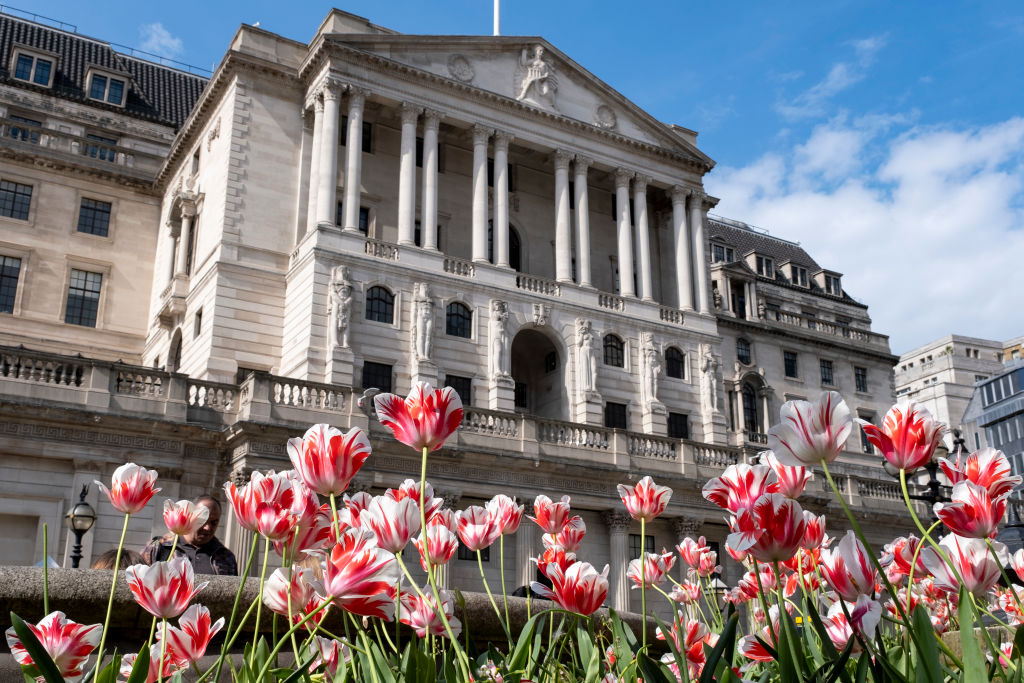 Live: Bank of England holds UK interest rates at 4.5%
Live: Bank of England holds UK interest rates at 4.5%The Bank of England voted to hold UK interest rates at their current level of 4.5% in March, as widely anticipated, after inflation rose to 3% in January
-
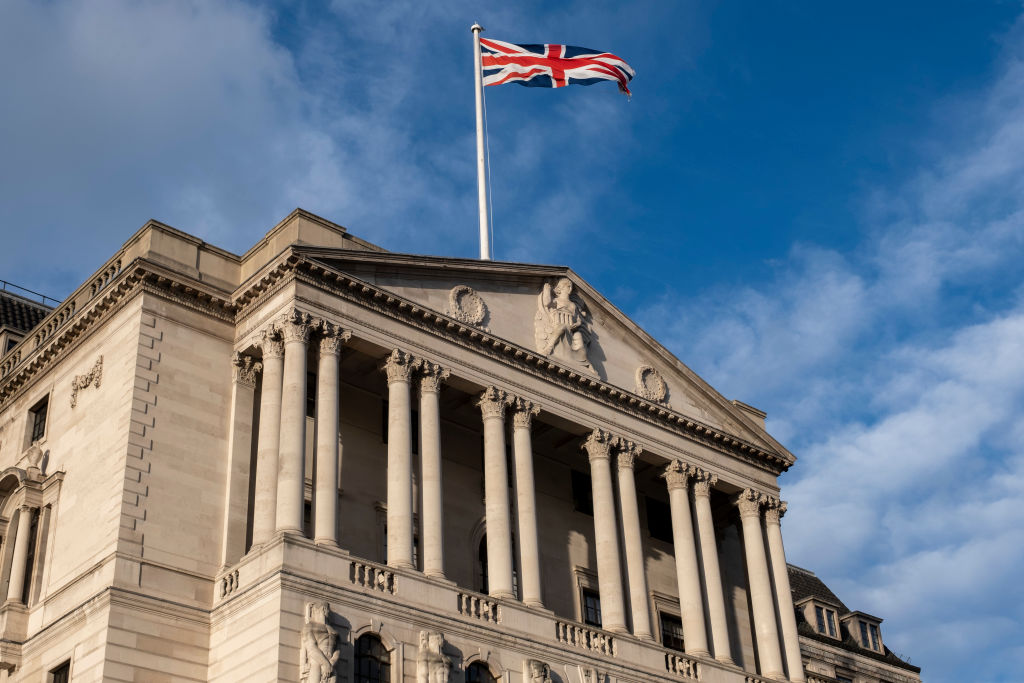 Bank of England cuts interest rates to 4.5%: full updates and analysis
Bank of England cuts interest rates to 4.5%: full updates and analysisThe Bank of England voted to reduce the base rate by 25 basis points at the first MPC meeting of the year on 6 February. Full coverage as it happened from the team at MoneyWeek.
-
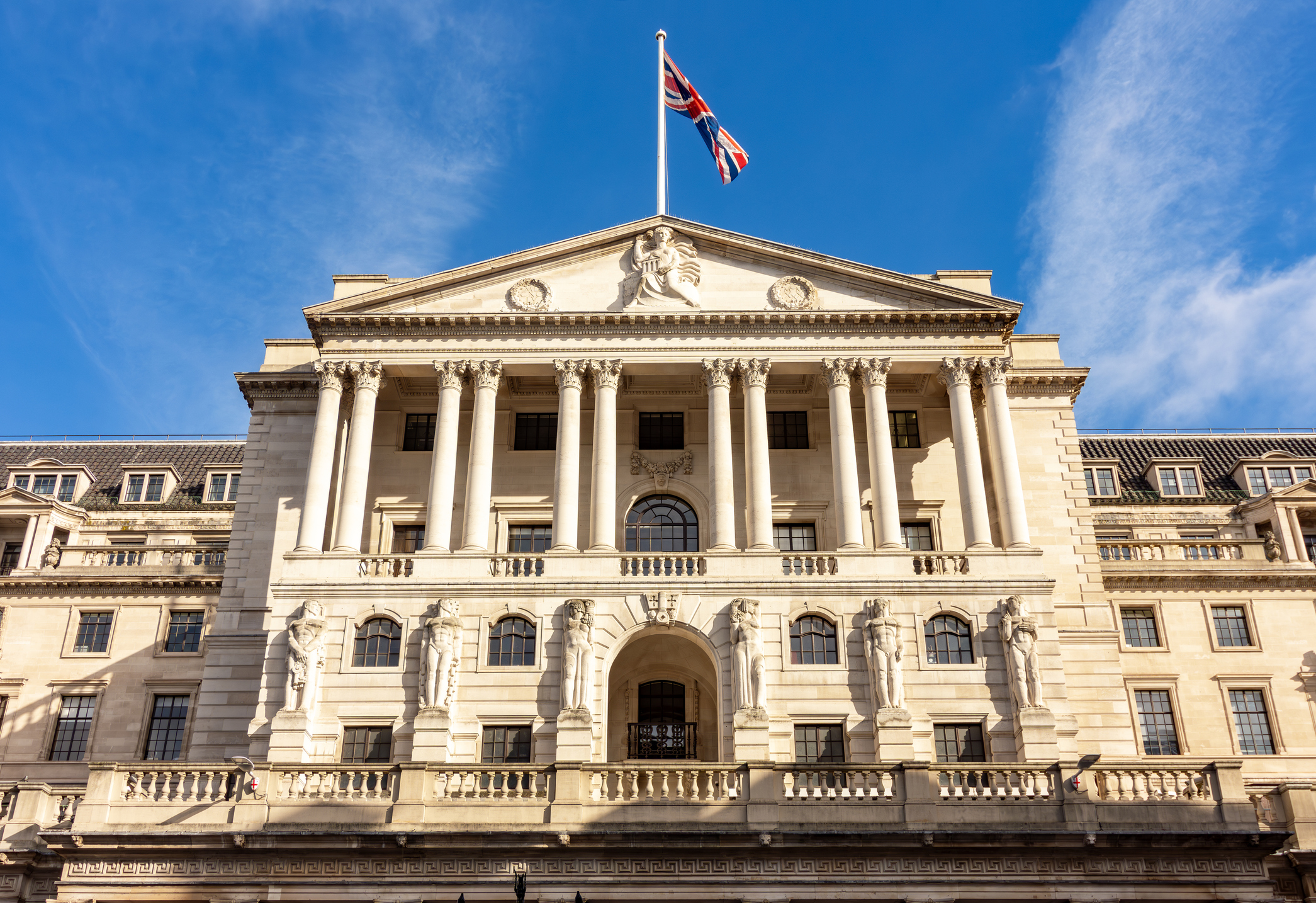 December interest rates: Bank of England keeps rates on hold
December interest rates: Bank of England keeps rates on holdThe Bank of England kept interest rates on hold at 4.75% in the final Monetary Policy Committee meeting of 2024. Full analysis from the MoneyWeek team.
-
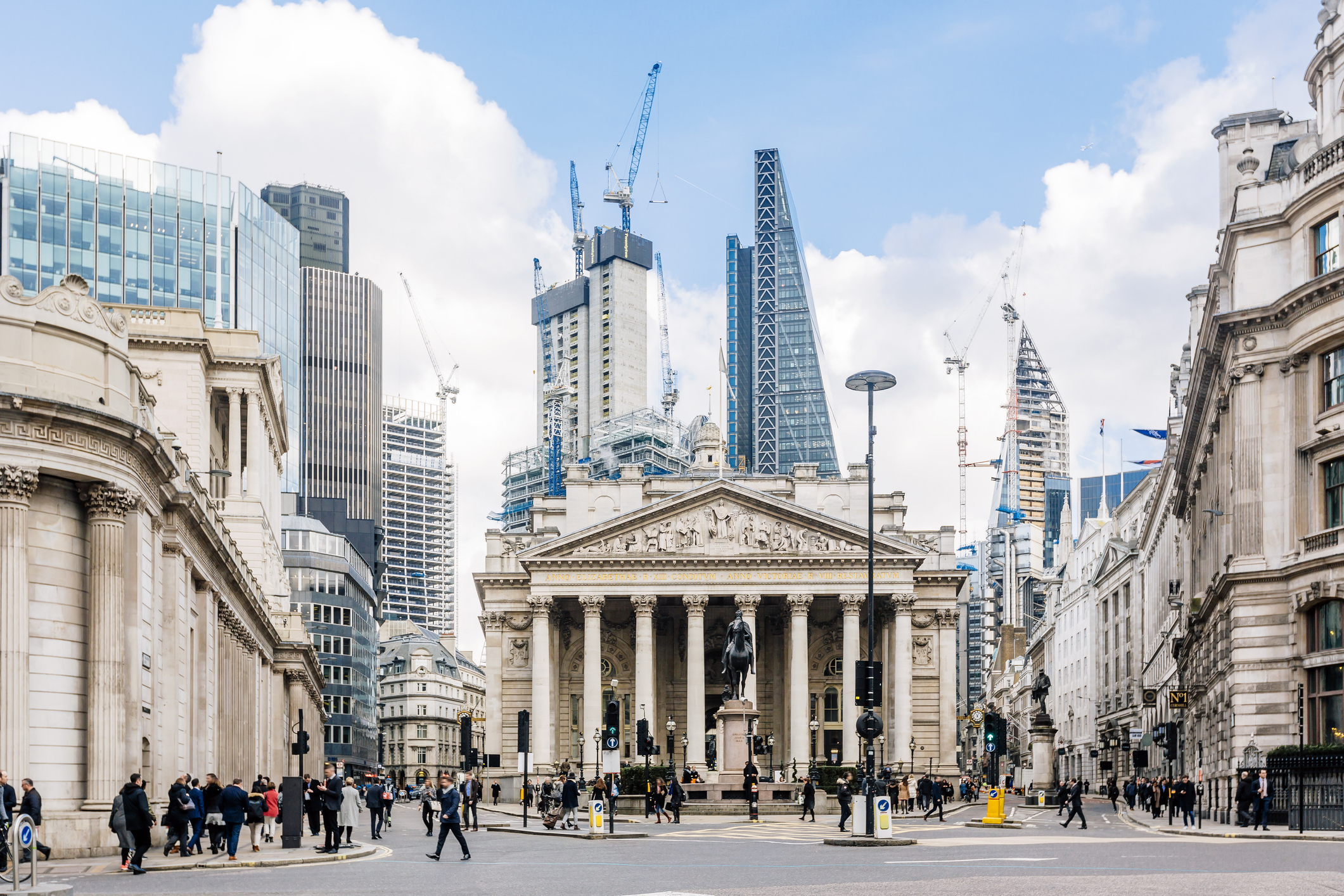 Bank of England cuts interest rates to 4.75% – MPC meeting
Bank of England cuts interest rates to 4.75% – MPC meetingReporting from the Monetary Policy Committee November meeting. Full coverage, as it happened, from the team at MoneyWeek.
-
 Inflation drops below Bank of England target for first time in over three years
Inflation drops below Bank of England target for first time in over three yearsUK inflation slowed to 1.7% in September, boosting the chance of a more aggressive approach to interest rate cuts from the Bank of England
-
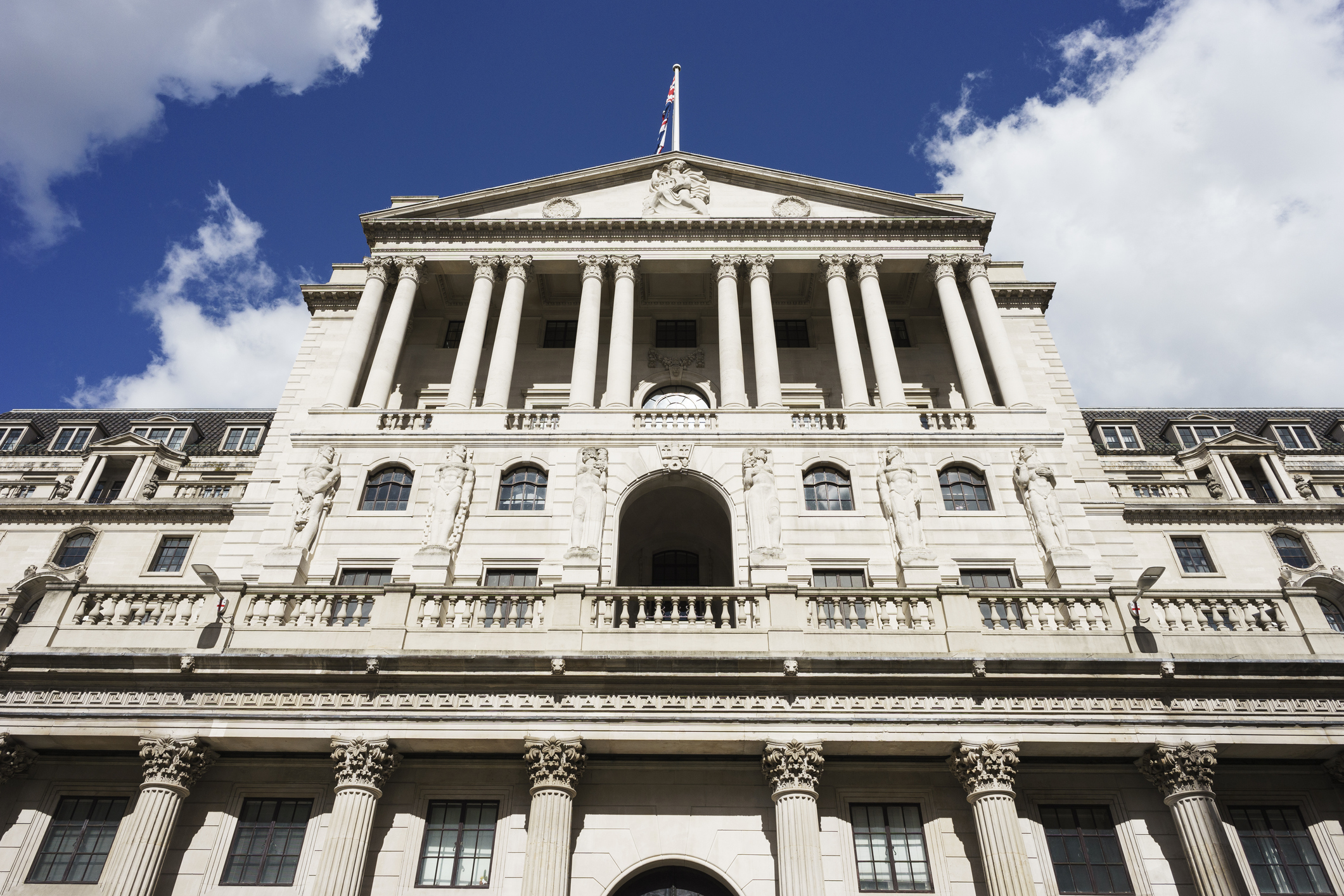 Bank of England holds interest rates at 5%
Bank of England holds interest rates at 5%The decision was widely expected, after the Bank of England warned interest rates would have to “remain restrictive for sufficiently long”
-
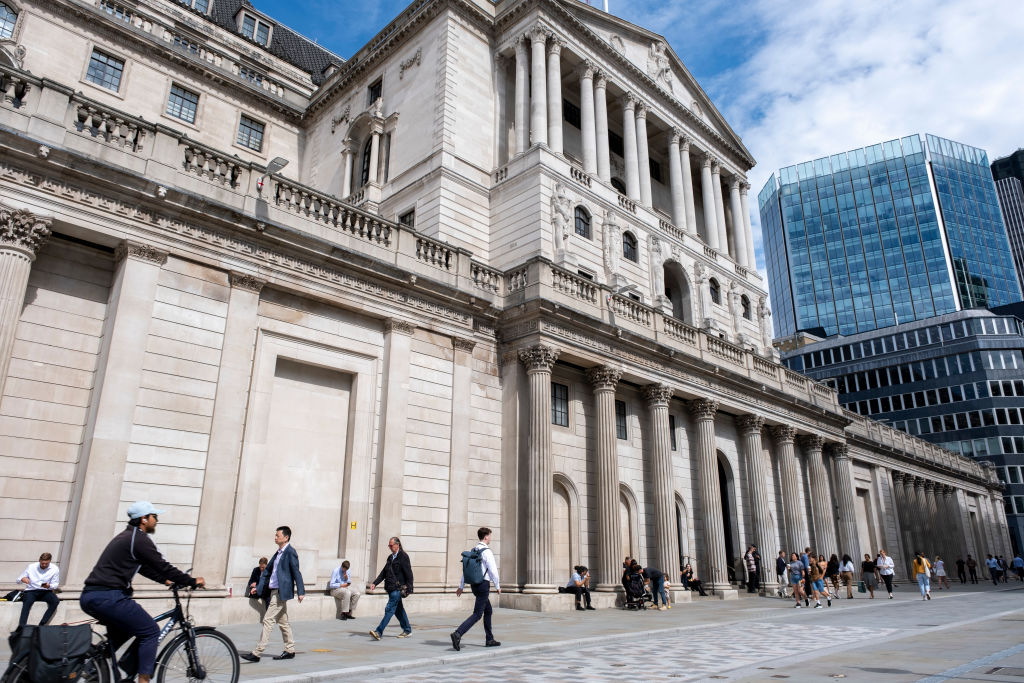 Keeping up with the Bank of England – how rates and inflation impact your finances
Keeping up with the Bank of England – how rates and inflation impact your financesIgnorance is not bliss when it comes to your personal finances. Here’s why you should follow what the Bank of England is up to.
-
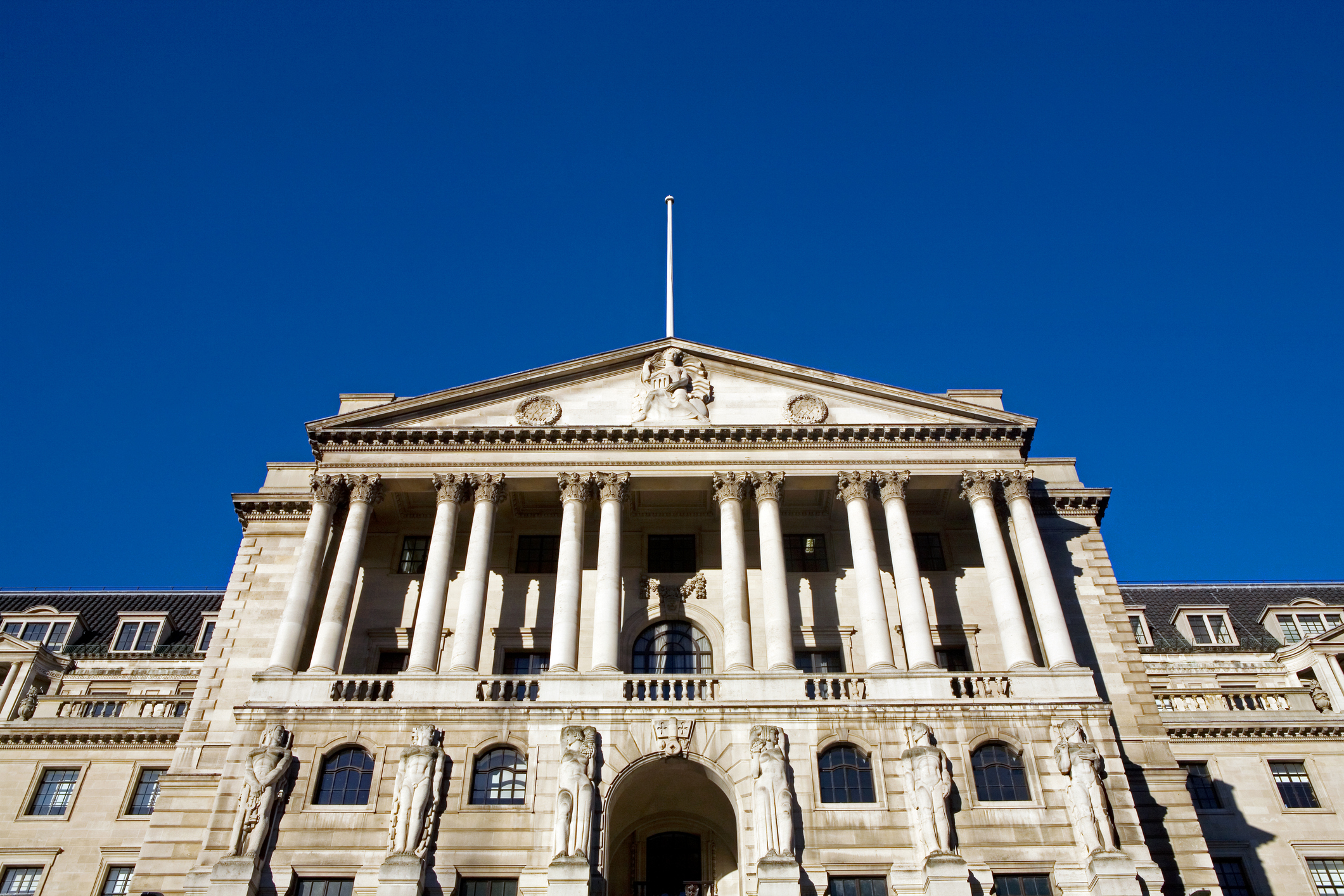 Bank of England cuts interest rates for first time since 2020
Bank of England cuts interest rates for first time since 2020The Bank of England voted to end pain for households and businesses today, cutting interest rates for the first time in over four years